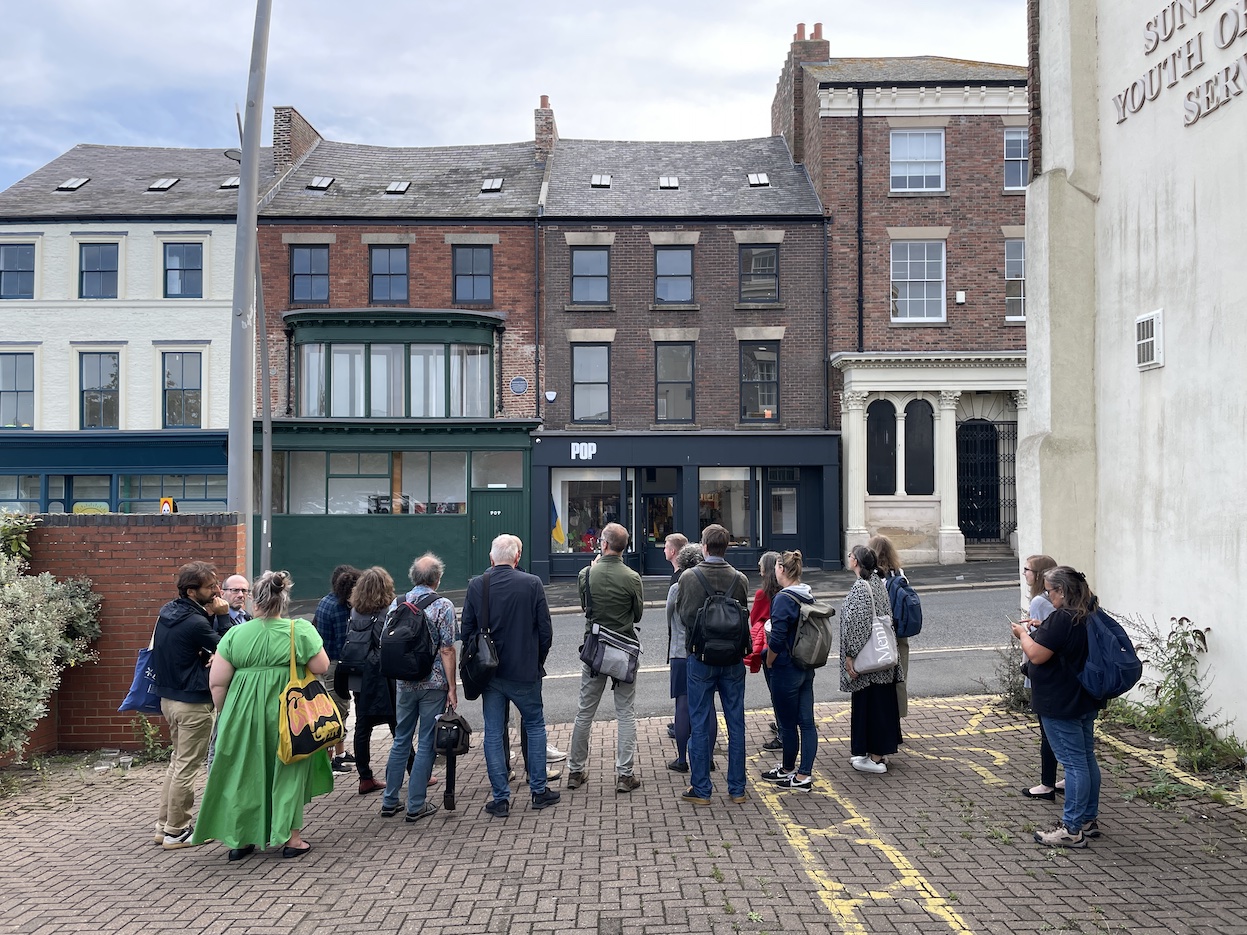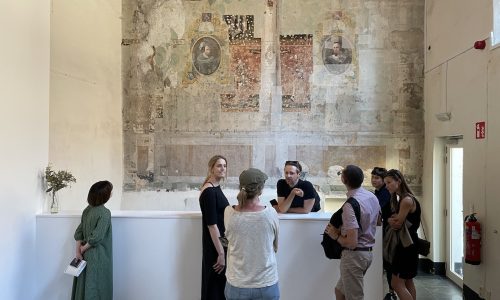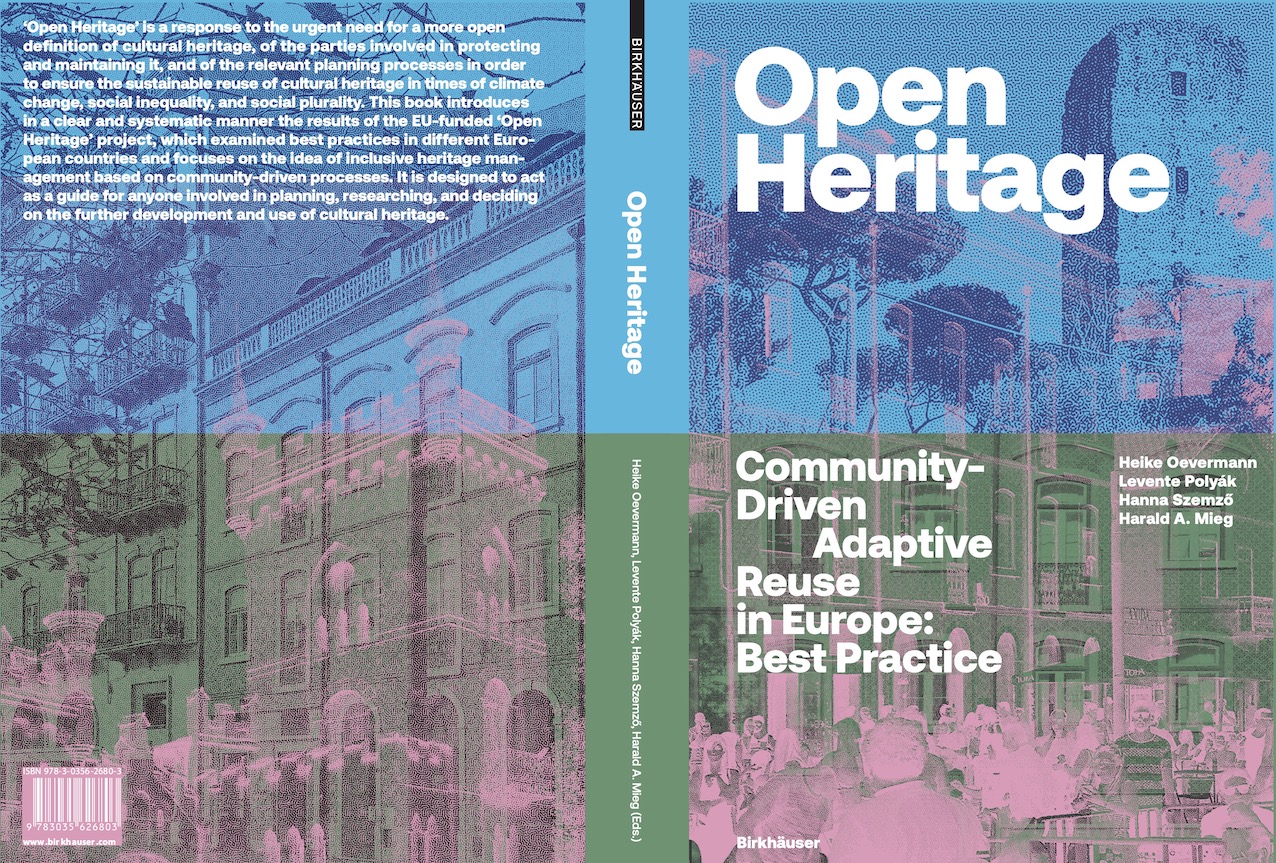Subscribe to our joint NEWSLETTER for
EUTROPIAN &
COOPERATIVE CITY MAGAZINE

In recent years, the social and solidarity economy has gained a growing recognition as an important pillar of Europe’s just transition. While it’s an emerging concept in many European regions, in others it accounts for over 10% of the local economy and employment. With active procurement, public administrations can ignite and strengthen social initiatives. In turn, these initiatives can constitute an important social welfare net on the neighbourhood or city level, offering employment and targeted services to those left behind by other institutions or economic sectors. An important element of the social and solidarity economy is community finance: by developing the financial capacity to launch social entreprises, invest in equipment or technology or buy buildings for social activities, non-speculative legal mechanisms and an emerging network of social banks, ethical finance organisations and investment funds made possible the scaling up of this sector.


Eutropian has been active in conceiving more collaborative neighbourhoods by implementing an ecosystem-building methodology in various cities across Europe. Levente Polyák was Lead Expert of the URBACT Transfer Network ACTive NGOs where he supported six cities in organising civil society networks around community venues. Learning from this process and other good practices, we developed a methodology organised in a series of steps. This methodology has been used to inform the European Urban Initiative project CUP4Creativity in Újbuda, Budapest with a focus on the local cultural ecosystem as well the EUI project DARE in Ravenna, with a focus on the regeneration of the city’s former port area. Moreover, in the Interreg Europe project GOOD CITIES we support the creation of sharing systems to reduce consumption and waste.
In the past years, we have been using the ecosystem-methodology in a variety of contexts. Besides giving speeches and organising workshops in cities across Europe including Ljubljana, Prague, Bucharest and Lisbon, we also supported municipalities and civic initiatives to strengthen their local networks of cooperation. In Újbuda, Budapest, we contributed to the co-design of a system of sharing technical equipment, furniture and other tools between cultural organisations and venues. In order to share these insights with a broader audience, we published the book “The Power of Civic Ecosystems: How community spaces and their networks make our cities more cooperative, fair and resilient” and the methodology handbook “Local civic ecosystems: How to build more collaborative, cohesive and inclusive neighbourhoods?”

| Cookie | Duration | Description |
|---|---|---|
| cookielawinfo-checkbox-analytics | 11 months | This cookie is set by GDPR Cookie Consent plugin. The cookie is used to store the user consent for the cookies in the category "Analytics". |
| cookielawinfo-checkbox-functional | 11 months | The cookie is set by GDPR cookie consent to record the user consent for the cookies in the category "Functional". |
| cookielawinfo-checkbox-necessary | 11 months | This cookie is set by GDPR Cookie Consent plugin. The cookies is used to store the user consent for the cookies in the category "Necessary". |
| cookielawinfo-checkbox-others | 11 months | This cookie is set by GDPR Cookie Consent plugin. The cookie is used to store the user consent for the cookies in the category "Other. |
| cookielawinfo-checkbox-performance | 11 months | This cookie is set by GDPR Cookie Consent plugin. The cookie is used to store the user consent for the cookies in the category "Performance". |
| viewed_cookie_policy | 11 months | The cookie is set by the GDPR Cookie Consent plugin and is used to store whether or not user has consented to the use of cookies. It does not store any personal data. |
